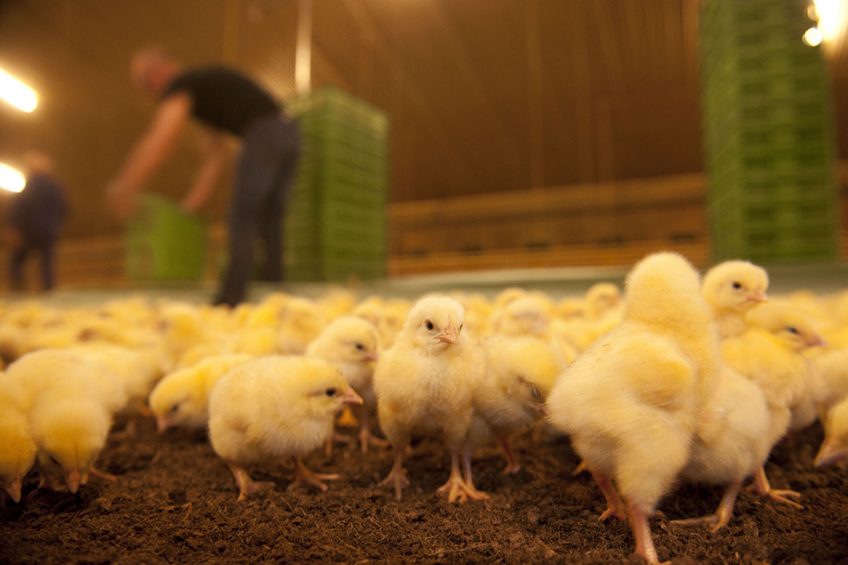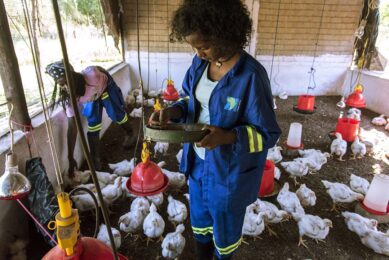Germany concerned about antibiotic levels in poultry sector

The German Federal Government has expressed concerns about levels of antibiotics in poultry following the release of a report showing a high prevalence of antibiotic resistant superbugs in chicken.
The study, conducted by consumer and environmental group Germanwatch, found that half of chicken meat at discount supermarkets was found to be contaminated with antibiotic resistant germs that pose a major health risk.
The probe of meat samples from 59 chickens sold at low cost supermarkets in Germany found that 56% were colonised by antibiotic resistant germs. The meat samples, examined by a leading German university, came from the nation’s four largest abattoirs.
Alarmingly high rate
Germanwatch described the results as “an alarmingly high resistant rate” that shows the overuse of antibiotics in industrial poultry production was endangering human health.
The study found that one third of chicken meat samples from discount supermarkets Lidl, Netto, Aldi, Penny and Real, were contaminated with bacteria resistant to so-called reserve antibiotics.
Reserve antibiotics are fourth and fifth generation drugs used as a last resort to fight superbugs resistant to traditional antibiotics.
Responding to the study, reported by German media outlet DW, the Federal Agriculture Ministry said it suggested “that too many antibiotics are used in the poultry industry.”
Superbugs resistant to antibiotics cause more than 33,000 deaths in the EU each year, according to a study published late last year by the European Centre for Disease Prevention and Control.
That analysis, published in the Lancet Infectious Diseases, found that people living in Italy and Greece were hardest hit by superbugs. It warned that there had been a significant increase in the death toll compared to 2007 and that the burden of such pathogens was akin to HIV, flu and tuberculosis combined.
Join 31,000+ subscribers
Subscribe to our newsletter to stay updated about all the need-to-know content in the poultry sector, three times a week. Beheer
Beheer








 WP Admin
WP Admin  Bewerk bericht
Bewerk bericht